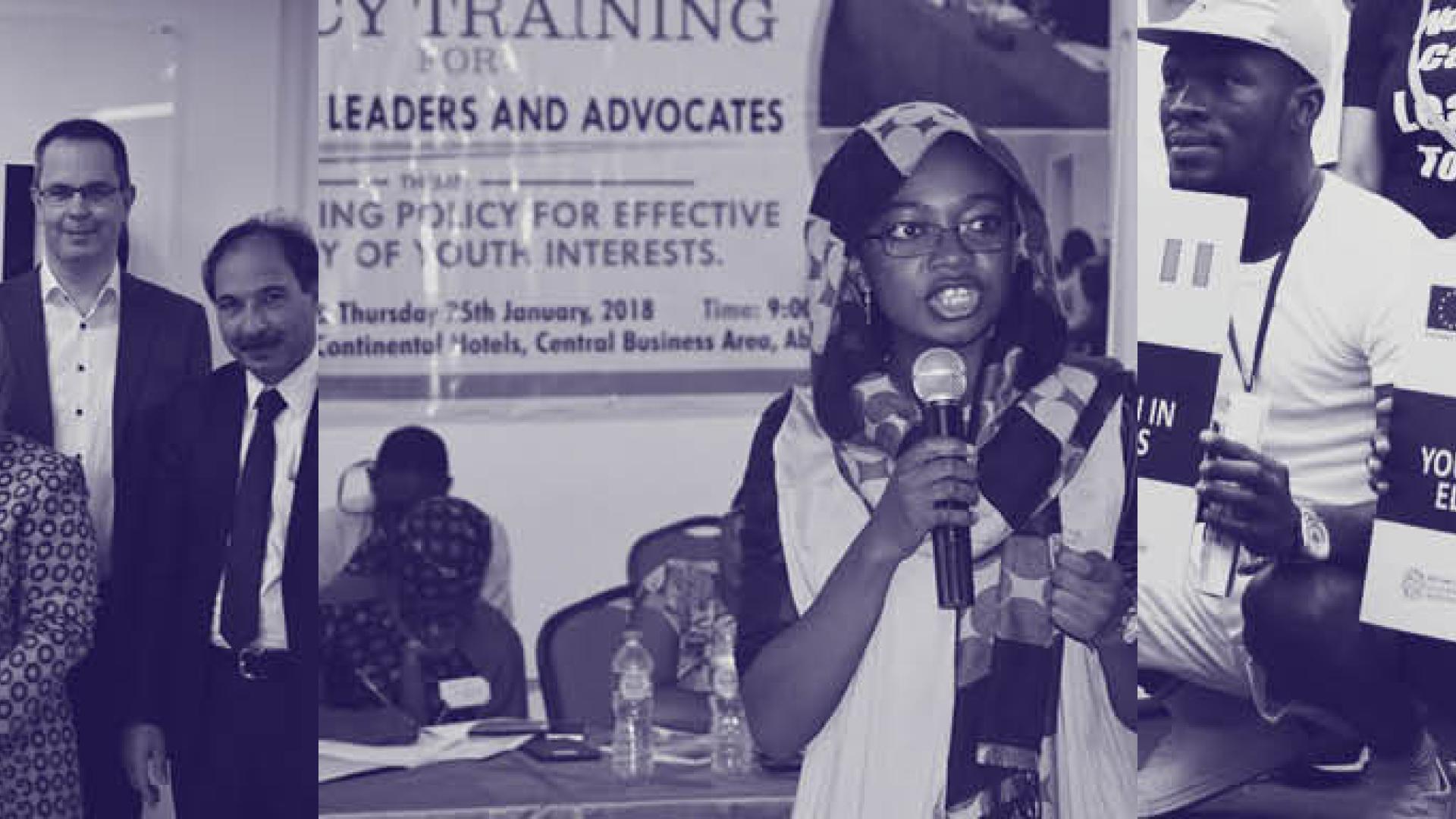Kurdistan Regional Government unveils inclusive anti-corruption strategy

Corruption is a significant and persistent challenge in Iraq
The security challenges that Iraq faces, including the threat of ISIS, have contributed to challenges to the nature and make-up of the state and made cooperation between the central and regional governments difficult. Westminster Foundation for Democracy (WFD) has enabled engagement between the Integrity Commission of the Kurdistan Region and the equivalent Federal Commission in Baghdad. WFD support has been instrumental in enabling the development of an anti-corruption strategy for the Kurdistan Region that can improve public trust in government across the region.
Previous attempts to produce a plan to tackle corruption failed due to the lack of engagement and coordination of the key institutions. Under the sponsorship of WFD, Iraqi Kurdish institutions mandated to fight corruption, have worked together for more than 12 months in harmony and produced a draft anti-corruption strategy which is about to be launched.
Improving transparency of public institutions
Central to the strategy is a commitment to improve the transparency of public institutions, promote an anti-corruption culture and introduce active coordination mechanisms for tracking and investigating corruption within different institutions. The strategy recognises the need for greater compliance with international standards and to involve civil society in the monitoring process.
Former Minister in Jordan and anti-corruption expert, Dr. Muhyieddeen Touq supported WFD in the assessment of the draft Anti-Corruption Strategy for the Kurdistan Region during a workshop held in Amman. Dr Touq described the strategy as one of the most advanced in the region, noting that this is particularly impressive given that this draft represents the first of its kind in the Kurdistan region.
“The draft strategy of the Kurdistan region includes methods on how to develop an action plan for the implementation phase”. Dr. Touq said.
The draft strategy has broad support among institutions in the Kurdistan Region, with the strategy steering committee integrated by members from the Parliamentary Committees of Integrity and Finance, Council of Ministries, Supreme Audit Board, Public Prosecutor and Commission of Integrity. This approach, promoted by WFD, ensures high level buy-in which in turns helps to ensure the likelihood of successful implementation and decrease of corruption.
Commitment to international standards
The draft strategy adheres to high international standards and best practice and has benefited from the sharing of experience from the UK, the Iraq Federal Government, Jordan, Indonesia, and Kosovo; the strategy was also peer-reviewed by an expert from Palestine.
In addition to expert input, the steering committee undertook a broad consultation of key stakeholders, reaching out not only to institutions mandated to deal with corruption but also to a range of CSOs, activists, practitioner groups, academics, and journalists for their views and feedback. In addition to surveys, the steering committee held three focus group discussions with civil society. This policy of inclusion was noted as having long-term benefits by Dr Touq who said that “developing a strategy from the bottom up provides opportunities for the wider society to contribute and means the development of the strategy will certainly support the implementation phase”.
As a result of this broad consultation, the draft strategy adopts a multi-sectoral approach to tackling corruption, including specifically attributing a role for the political sphere in fighting corruption.